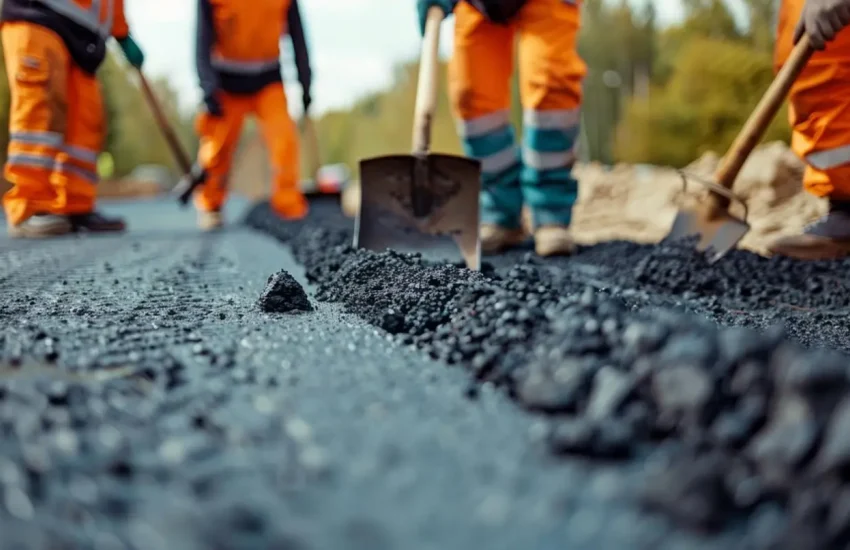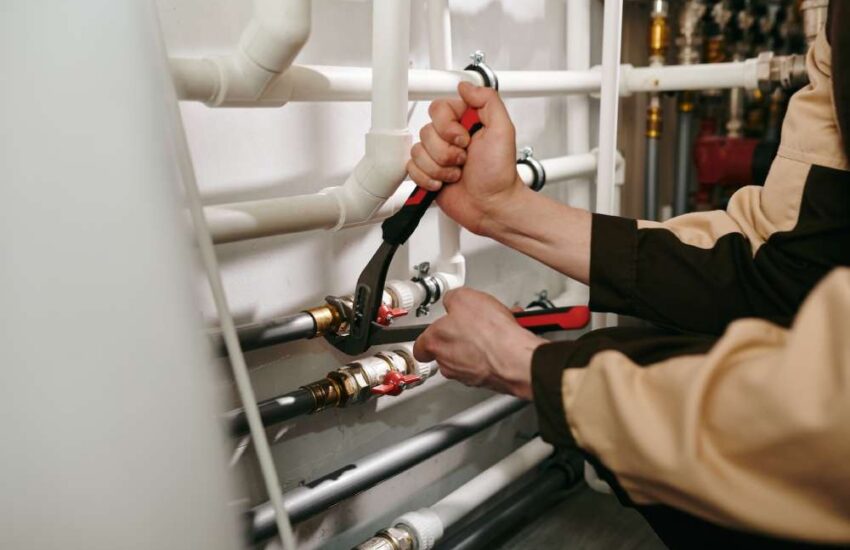How To Protect Your Budget From Possible Damage In Your Home
It’s no secret that disasters can happen at any time, and they can often be costly. In fact, according to the National Centers for Environmental Information, the average cost of a natural disaster is $118 billion.
If you’re not prepared, a disaster could easily wipe out your budget and leave you in debt. In this blog post, we will discuss some ways that you can protect your budget from possible damage in your home.
We will also provide some tips on what to do if a disaster does strike. So, whether you’re dealing with a flood, fire, or any other type of disaster, be sure to keep these tips in mind to help you stay on budget.

1. Make Sure You Have Insurance
This is probably the most important tip on our list. If you don’t have insurance, you could be on the hook for thousands of dollars in damages. Make sure you have a policy that covers both your home and your belongings. You should also have roof insurance that will cover any damage that is caused by a storm. This way, if anything does happen, you’ll at least be able to recoup some of the costs.
2. Create an Emergency Fund
Another important tip is to create an emergency fund. This fund should be used specifically for emergencies and shouldn’t be tapped into for other purposes. Try to save up enough money to cover at least three months of living expenses. This way, if a disaster does strike, you’ll have some money to fall back on until you’re able to get back on your feet.
3. Have a Plan
If a disaster does occur, it’s important to have a plan in place. This plan should include things like where you’ll go, how you’ll get there, and what you’ll need. It’s also a good idea to have a list of emergency contacts that you can call if needed. By having a plan, you’ll be better prepared to deal with the situation and you won’t be as likely to make costly mistakes.
4. Stay Safe
Of course, one of the most important things you can do is to stay safe. If there is an evacuation order in place, make sure you follow it. And, if you’re ever in doubt about whether or not it’s safe to stay in your home, it’s always better to err on the side of caution and evacuate.
5. Check for Loose Fence Posts
If you live in an area that is prone to severe weather, it’s a good idea to check your fence posts on a regular basis. If any of them are loose, they could easily become projectiles during a storm and cause serious damage to your home or even injure someone. And if you’re planning to replace them, buy cedar fence posts.
For example, during Hurricane Irma, a woman was killed when a piece of flying debris went through her windshield. So, it’s definitely worth taking the time to check your fence posts and make sure they’re secure.
6. Inspect Your Home Regularly
Another good way to prevent damage to your home is to inspect it regularly. This way, you can catch any problems early on and fix them before they have a chance to cause serious damage. For example, you should check your gutters and downspouts to make sure they’re clear of debris. You should also look for any cracks or holes in your foundation and have them repaired as soon as possible.
7. Be Prepared for Power Outages
Power outages are another common occurrence during severe weather. And, they can often last for days or even weeks. So, it’s important to be prepared in case this happens. Make sure you have a backup plan for cooking and heating your home.
You should also have a supply of non-perishable food and water on hand. And, it’s always a good idea to have a flashlight and a battery-operated radio in case the power does go out.
8. Keep Your Gas Tank Full
If you live in an area that could be affected by a hurricane, it’s important to keep your gas tank full. This way, you’ll have enough fuel to evacuate if necessary. And, if you do have to evacuate, you won’t have to worry about finding a gas station that’s open.
By following these tips, you can help protect your home from damage during severe weather. And, if a disaster does occur, you’ll be better prepared to deal with it. So, make sure you take the time to properly prepare your home and your family for the worst.
We hope you never have to experience a disaster, but if you do, following these tips will help you minimize the damage and make the recovery process easier. Stay safe!


